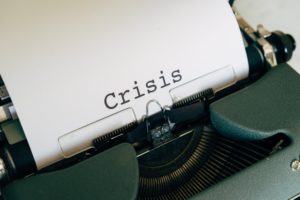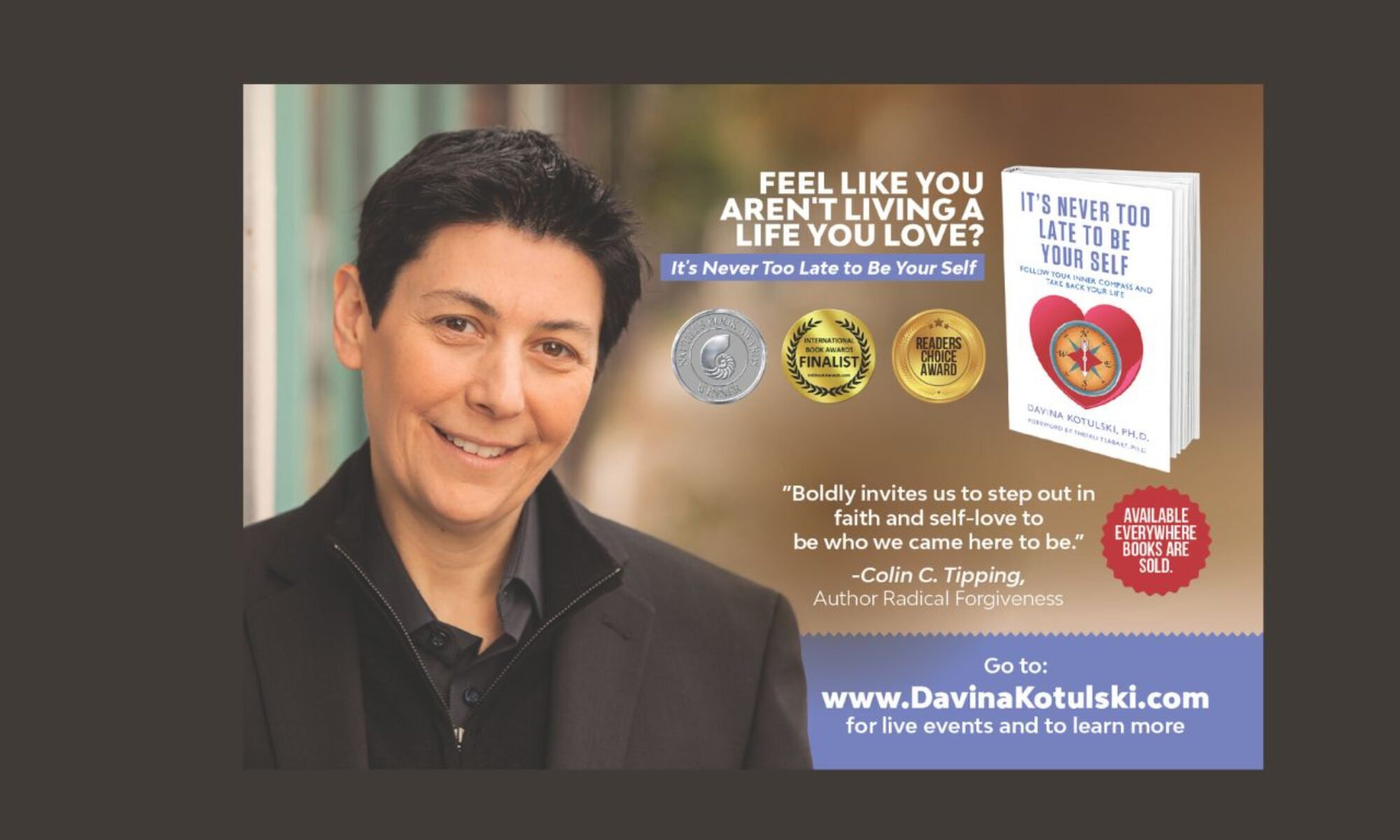 How will I pay my bills? How will I pay my rent? How will I pay for medical care? What’s going to happen when/if I run out of money? Will I lose my home?What’s going to happen to me? To my family? Will I find work again? How will I survive?
How will I pay my bills? How will I pay my rent? How will I pay for medical care? What’s going to happen when/if I run out of money? Will I lose my home?What’s going to happen to me? To my family? Will I find work again? How will I survive?
These are the questions swirling through American’s minds, and those around the planet, as we enter into a global recession and possible depression caused by the Corona Virus Pandemic.
According to Market Watch, in March 2020, the U.S officially lost 700, 000 jobs and ten million people filed for unemployment. Millions of Americans who still have jobs are wondering if they too will be laid off. Economists predict that unemployment in America could rise to 20-25%.
Business owners are terrified as they shutter their doors due to this plague and fear going belly under as they struggle to pay leases, mortgages and employee’s benefits with no customers and little to no income.
The Stock Market continues crashing which threatening to deplete the dollars people have spent years thoughtfully saving for retirement.
Just like that the pools have dried up and in their place pools of fear.
We are swimming in fear.
Fear fueled by the wide-spread economic disparity that exists and is even more apparent in this global pandemic.
Around the world people are living with incredible uncertainty wondering “When can I get back to work? When will things go back to normal?”
Let’s talk about normal.
The Life We Were Living Before Corona
I wrote the following words October 4, 2019, less than six months before COVID-19 toppled our economic system and destroyed almost every institutional structure we relied upon for certainty as Americans. This was the introduction for the book I was writing in 2019, I’ve decided to share it with you now.
This was where we were before the global pandemic. This was our normal.
“These days many Americans feel anxious about their financial situation, concerned about healthcare, and saving for retirement, their commute is too long and their life feels too hectic, they want more time with their family, they’re working long hours and are stressed out, they’re checking and returning work e-mails when they’re off the clock, and they need a vacation.
Most people I work with are experiencing struggle with these things as well. They want more freedom and joy in their lives but they feel weighed down by work obligations and financial fears. Perhaps you do too.
You want the freedom to make choices for your life. You want to have the time and financial resources to travel. You want to spend more time with your loved ones, your children and family. You want to enjoy creative pursuits. You want to just relax and reconnect with friends. You want to feel free to be yourself and live a life that reflects your values.
We all want that.
Yet like many people I work with you may feel like you don’t have enough. Enough money. Enough time. You may find yourself spending more time commuting and tethered to your phone and laptop because the line between your work-life and home-life has vanished.
You may feel like a hamster on a wheel with barely enough time and energy to keep up with life’s demands. You may feel your employer owns your time and you’re exhausted after working long hours. You may hate your job but you can’t imagine how things could get any better.
We have all felt held hostage by financial demands and work obligations, terrified to make changes and spurred on by the fear our current paradigm of living creates.
This paradigm of living has us put our faith in something outside of ourselves, the corporation, the government, the financial market, the almighty dollar. It takes away our power. We find ourselves caught up in a system that requires more and more effort to make a living, leaving us to lease our lives on weekends and vacations.
According to Samuel P. Harrington, author of Who Are We?: The Challenges to America’s National Identity, Americans “work longer hours, have shorter vacations, get less in unemployment, disability, and retirement benefits, and retire later, than people in comparably rich societies.”
This paradigm puts profit before people. It’s bad for our bodies and our health. Overwork and stress can lead to health problems including insomnia, depression, substance abuse, heart disease, diabetes. It robs our children of our time and attention.
Our current economic system hurts our planet. Our materialism keeps us fixated on accumulation of possessions over quality of life. Our need to pay our insurance premiums and maintain health insurance has us ironically acting in ways that are ultimately detrimental to our well-being.
This isn’t what we want, but it’s what we’re familiar with.
This paradigm for living isn’t just about jobs and money. It’s about keeping us afraid and separated from our true power. It’s a system that runs on fear, profits on our fears, and promotes a fundamental distrust of life itself.
That fear is fueled by the wide-spread economic disparity that exists and is growing every day in our country and around the world. We are creating an ever-larger servant class.
We are in bondage unable to freely live our lives.”
And that my friend is WHERE WE WERE BEFORE THE CORONA VIRUS- IN BONDAGE.
I want to introduce you to a new paradigm of living.

Thank you for shining more light on this current reality. My hope is that we’re at a point of no return, which is very scary but will also be the turning point for a new earth and new way of being. I’ll keep reading, Dr. Davina, for insight on the journey to this new becoming.
Such a timely book, Davina! Thank you for writing about this monumental time we’re experiencing and how our choices can change the direction of the future for the benefit of the planet and all its dependent life forms. I wish you much good luck with your new book.